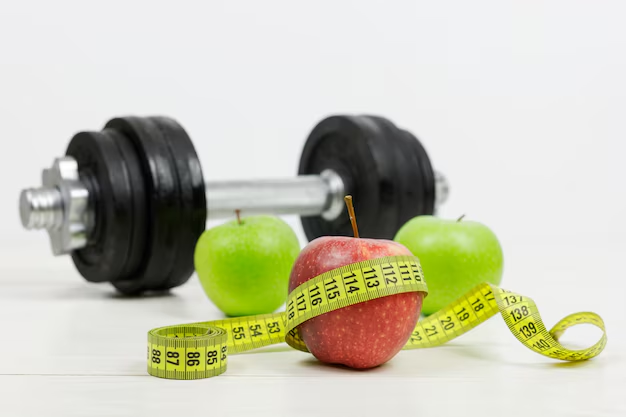Losing weight involves a combination of dietary changes, physical activity, and behavioral modifications. Here are some effective strategies to help you lose weight:
Dietary Changes:
- Eat a Balanced Diet: Focus on whole foods like fruits, vegetables, lean proteins, whole grains, and healthy fats.
- Portion Control: Be mindful of portion sizes to avoid overeating.
- Reduce Sugar and Refined Carbs: Limit intake of sugary beverages, sweets, and refined carbs.
- Increase Fiber Intake: Foods high in fiber can help you feel fuller longer, aiding in weight loss.
- Stay Hydrated: Drink plenty of water throughout the day. Sometimes thirst is mistaken for hunger.
- Avoid Processed Foods: These often contain unhealthy fats, added sugars, and high calories.
- Plan Your Meals: Preparing meals in advance can help you make healthier choices and avoid impulsive eating.
Physical Activity:
- Regular Exercise: Aim for at least 150 minutes of moderate aerobic activity or 75 minutes of vigorous activity each week.
- Strength Training: Include muscle-strengthening activities on two or more days a week.
- Increase Daily Activity: Take the stairs, walk or bike instead of driving, and find ways to move more throughout the day.
- Find Activities You Enjoy: Engage in sports, dancing, hiking, or any physical activities you find enjoyable to stay motivated.

Behavioral Modifications:
- Set Realistic Goals: Set achievable weight loss goals and track your progress.
- Mindful Eating: Pay attention to what you eat and savor each bite. Avoid distractions like TV or smartphones during meals.
- Get Adequate Sleep: Aim for 7-9 hours of sleep per night, as poor sleep can affect hunger hormones and weight.
- Manage Stress: High stress can lead to emotional eating. Practice stress-reducing techniques like meditation, yoga, or deep breathing exercises.
- Keep a Food Diary: Tracking what you eat can help you stay accountable and identify patterns.
- Seek Support: Consider joining a weight loss group or seeking support from friends and family.
Additional Tips:
- Eat Slowly: Eating more slowly can help you feel full with less food.
- Avoid Liquid Calories: Limit alcohol, sugary drinks, and high-calorie beverages.
- Healthy Snacking: Choose snacks like nuts, fruits, and vegetables over chips or sweets.
- Cook at Home: Home-cooked meals are usually healthier than restaurant or takeout options.
- Consult a Professional: A registered dietitian or nutritionist can provide personalized advice and support.
Summary
The key to successful weight loss is consistency and making sustainable changes to your lifestyle. Combining a healthy diet with regular physical activity and mindful behaviors can lead to long-term weight loss and improved overall health.








